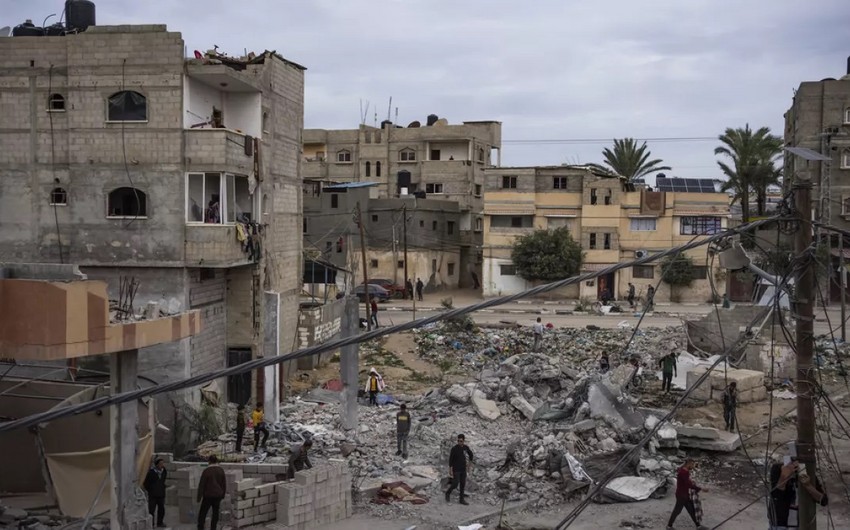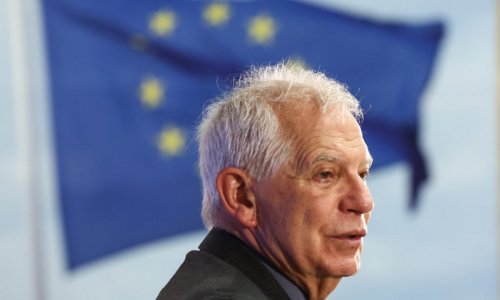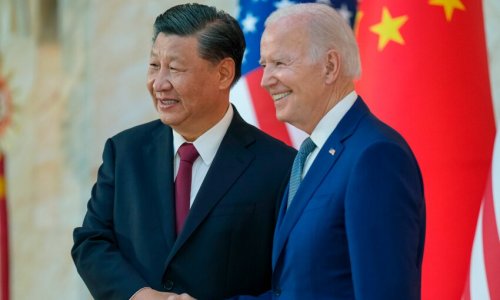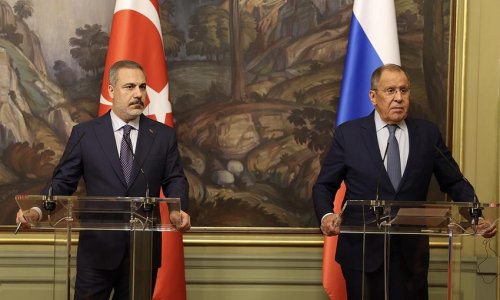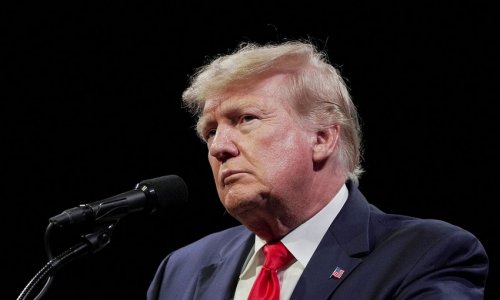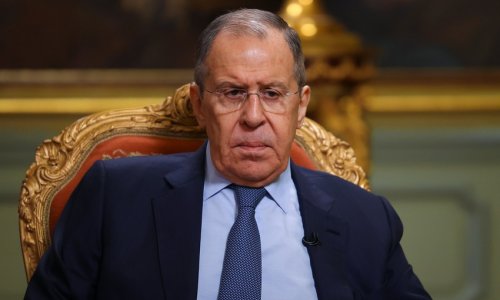The current proposal — pulled together by the US, Israel, Egypt and Qatar over several weeks in July — is the strongest form of the deal to date, the officials said, because it includes terms that are tailored to the demands of both Hamas and Israel. Israel has signed on, but Hamas says in public statements it will not accept the pact.
That has US officials increasingly worried that this proposal will falter just as earlier ones did, with Hamas and Israel at odds and no clear path to end fighting or bring hostages home, the officials said.
That’s a much more dire assessment than what US officials are presenting publicly. Even as they press the urgency of getting Hamas to agree, they have repeatedly said in recent days that they are closer than ever to getting both sides to sign on.
Just a few weeks ago, Biden administration officials were feeling optimistic. Hamas had privately signaled that it was amenable to the proposed deal, one of the US officials said. Although some in the White House remain confident, many are now frustrated by the group’s public rhetoric and unsure whether Hamas’s remarks are merely bluster, a negotiating tactic, or whether the group is sincerely against the agreement.
Negotiators, including senior White House adviser on the Middle East Brett McGurk, are heading back to Cairo this week to try and iron out the details of the deal.
If they cannot get Hamas on board, they may be out of options, increasing the chance of an increase in violence between Israel and Hezbollah and a direct confrontation between Israel and Tehran.
"We don’t know if Sinwar wants this deal,” said one of the officials familiar with Israel’s stance in the ongoing negotiations. "But if we don’t get the deal there’s a chance that Iran attacks and this escalates into a full blown confrontation."
www.anews.az
Follow us !

